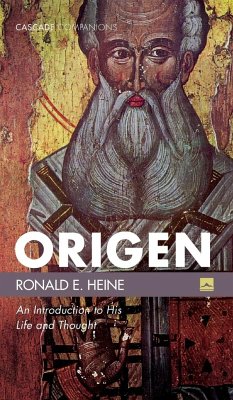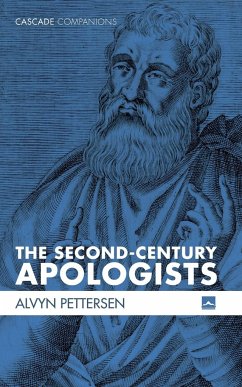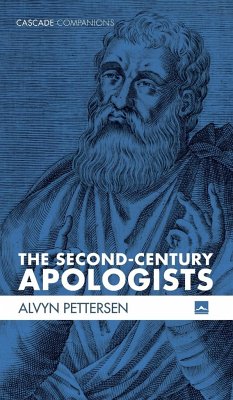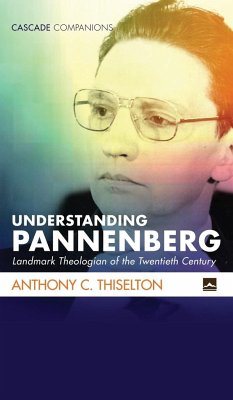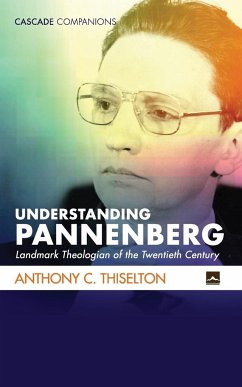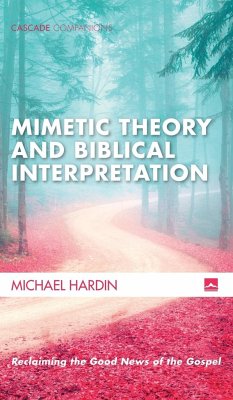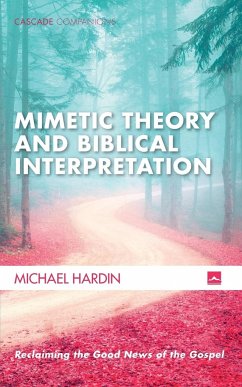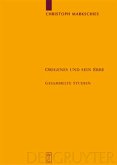The late second and early third century was a turbulent time in the Roman Empire and in the relationship between the empire and the church. Origen was the son of a Christian martyr and was himself imprisoned and tortured in his late life in a persecution that targeted leaders of the church. Deeply pious and a gifted scholar, Origen stands as one of the most influential Christian teachers in church history, and also one of the most controversial. This introduction to Origen begins by looking at some of the circumstances that were formative influences on his life. It then turns to some key elements in his thought. The approach here differs from that taken by most earlier studies by working from the central position that Scripture had for Origen. Heine argues that Origen's thought, in his later life especially, reflects his continual interaction with the Bible.

